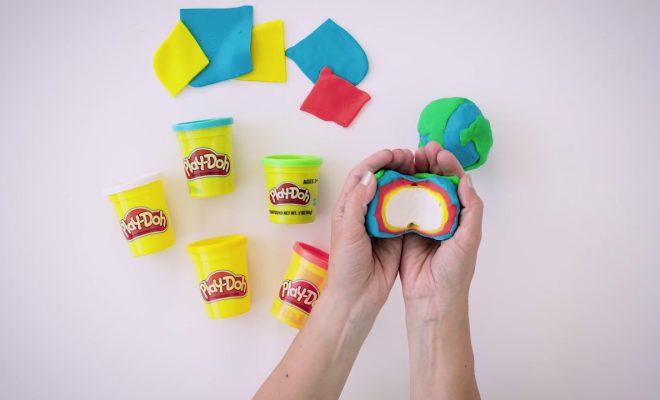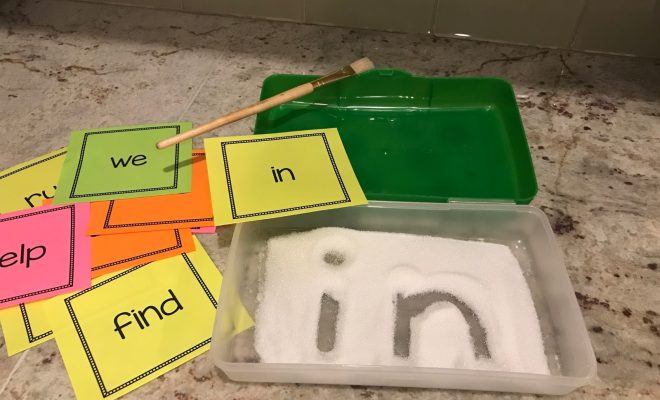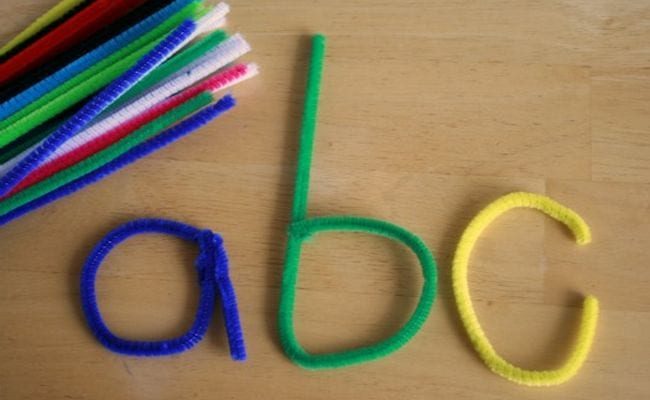16 Alternative Assessment Ideas

Assessment plays a critical role in education, allowing educators to gauge the progress and understanding of their students. However, traditional methods of assessment, such as quizzes and exams, may not always provide a complete picture of a student’s capabilities. Fortunately, there are various alternative assessment ideas that can be implemented to encourage creativity, critical thinking, and authentic learning experiences. In this article, we will explore 16 alternative assessment ideas that can be incorporated into the classroom.
1. Project-based assessments: Instead of traditional exams, students can be assigned open-ended projects that require in-depth research, problem-solving, and presentation skills.
2. Portfolios: Students can create portfolios where they compile samples of their best work across different subjects or areas of study. This allows for reflection and showcasing of growth over time.
3. Oral presentations: Students can demonstrate their knowledge and understanding by delivering oral presentations on a specific topic. This assessment method also improves public speaking skills.
4. Peer assessments: Students have the opportunity to assess and provide feedback on their peers’ work. This promotes collaboration, critical analysis, and constructive criticism.
5. Role-playing assessments: Students can engage in role-playing scenarios to demonstrate their understanding of a particular concept or historical event. This assessment method encourages creativity and empathy.
6. Journals or reflective writing: Students can maintain journals or engage in reflective writing to express their thoughts and ideas about specific topics or experiences. This assessment method fosters self-reflection and metacognition.
7. Multimedia projects: Students can create videos, websites, or multimedia presentations to showcase their understanding of a subject. This allows for the integration of technology and promotes digital literacy skills.
8. Debate assessments: Students can participate in debates or panel discussions to evaluate their understanding of different perspectives and develop their argumentative skills.
9. Socratic seminars: Students engage in dialogue and discussion around a specific topic, allowing them to demonstrate critical thinking, active listening, and effective communication.
10. Performance assessments: Students can showcase their skills in the performing arts, such as music, drama, or dance, to assess their artistic abilities.
11. Case studies: Students analyze real-life scenarios or case studies, applying their knowledge to solve problems or make decisions. This assessment method promotes critical thinking and problem-solving skills.
12. Interactive quizzes or games: Students can participate in online quizzes or educational games to assess their understanding in a fun and engaging way.
13. Simulations: Students can engage in real-life simulations that require them to apply their knowledge and skills to solve complex problems. This assessment method promotes practical application and decision-making abilities.
14. Authentic assessments: Students can work on real-world projects or tasks that mirror what they would encounter in their future careers. This assessment method emphasizes the relevance and application of learning.
15. Self-assessments: Students are given the opportunity to evaluate their own work and reflect on their strengths and areas for improvement. This assessment method encourages self-growth and self-awareness.
16. Open-ended questions: Instead of multiple-choice questions, students are asked open-ended questions that require critical thinking, analysis, and explanation. This assessment method promotes deeper understanding and the development of higher-order thinking skills.
These alternative assessment ideas provide educators with a variety of options to assess student learning in a more comprehensive and engaging manner. By incorporating these methods into the classroom, educators can foster a love for learning, creativity, and critical thinking skills among their students.






